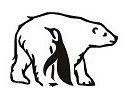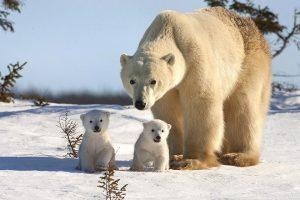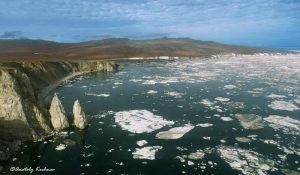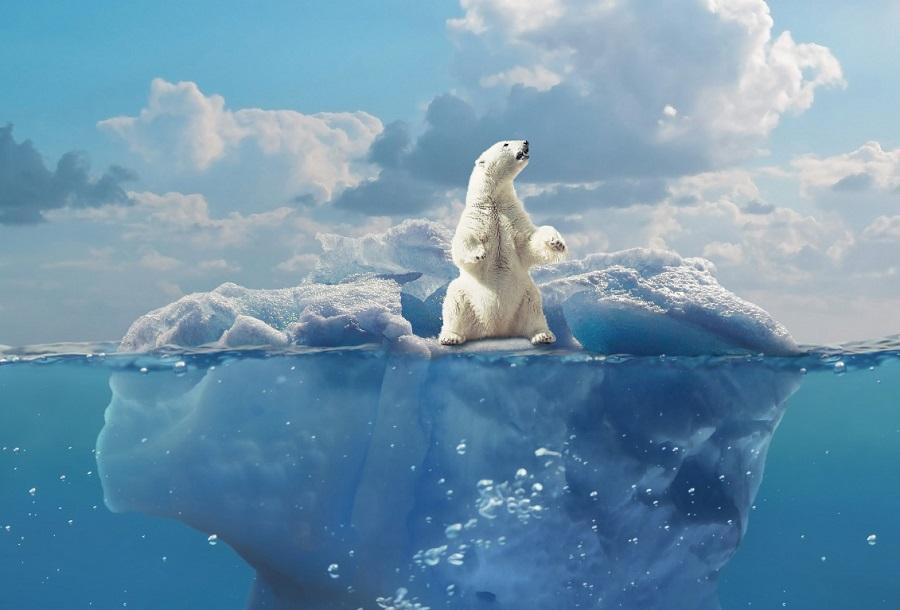
The level of the ozone layer over the Arctic has become the highest in recent decades. According to a new study published in Geophysical Research Letters, the situation signals an improvement in the environmental situation.
Holes in the Earth’s ozone layer over the Arctic appeared many years ago. The problems began to worsen significantly from the late 1970s. In 1987, the Montreal Protocol was adopted, which aimed to stop the production and consumption of hazardous substances harmful to ozone. The situation began to improve very slowly, but now scientists have noticed very good signs.
In 2024, ozone levels were the highest since 1979. Last March was especially record-breaking. The average value for this month was 477 Dobson units. This is 6 units more than it was 45 years ago, and 60 more than in recent decades. The peak was recorded on March 20 — then there were 499 Dobson units.
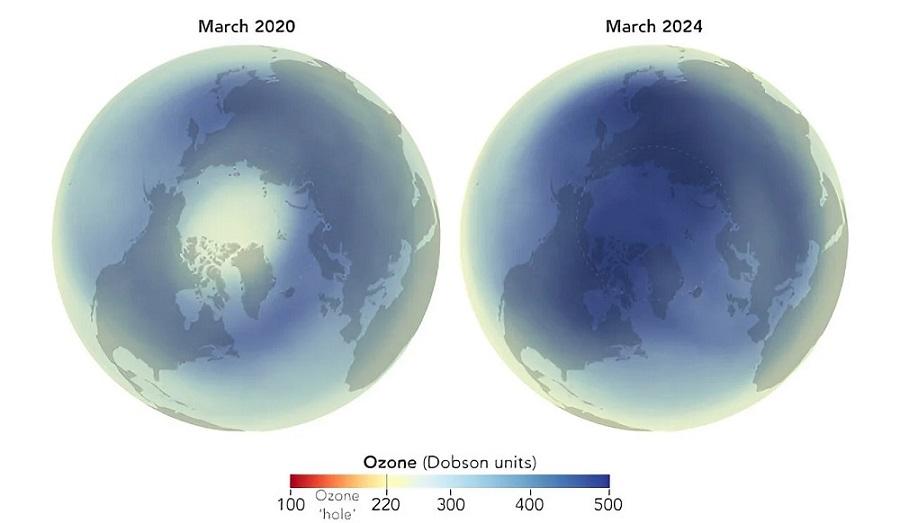
The level of the ozone layer in the Arctic in March 2020 and 2024. Source: Michala Garrison, NASA Earth Observatory.
According to scientists, this is unusual because the ozone layer is usually depleted in the spring season. The situation is related to record high temperatures, which were observed in the lower part of the stratosphere at an altitude of 10-20 km above the Earth’s surface. The figures were above average for six months, until September.
The researchers believe that the results show the effectiveness of agreements adopted almost four decades ago. Scientists hope that soon the ozone layer will completely begin a long recovery process, and the holes will be able to heal. At the same time, they are confident that in the near future the Earth will face ozone records again.
Earlier, experts found out that for the first time there were fewer gases on Earth that destroy the ozone layer. Scientists previously believed that the volume of such substances would peak in 2026. However, the situation improved much earlier, as humanity causes less damage to the ozone layer. However, countries around the world continue to work to save the climate.
By Andrey Britenkov
